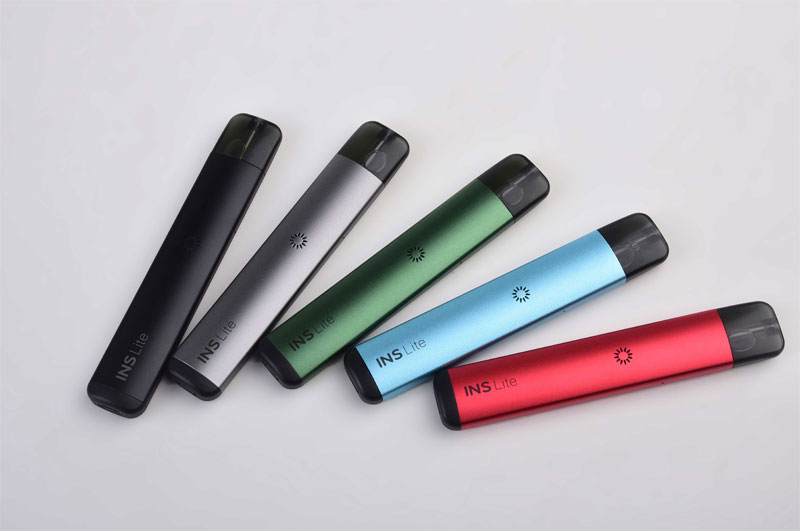The landscape of advertising has undergone significant transformations over the years, especially with the advent of digital platforms. One segment that has particularly benefited, though not without challenges, is the advertising of e cigarettes. Dominated by strict regulations and ethical considerations, navigating the promotional strategies for e cigarettes online requires a nuanced approach. In this article, we’ll explore various effective methods while considering important SEO techniques to enhance visibility and engagement.
Understanding the Marketplace for Advertising E Cigarettes
The e cigarette industry has been witnessing an upward trend due to increased consumer interest in alternatives to traditional smoking. Advertising e cigarettes involves identifying target demographics, such as adult smokers seeking a transition, and crafting compelling messages that cater to their needs while complying with legal restrictions. Digital platforms, including social media and search engines, offer diverse avenues for promotional activities.
Leveraging SEO: The Backbone of Digital Marketing
Search Engine Optimization (SEO) plays a crucial role in ensuring that advertising campaigns reach the right audience. Carefully crafted content, imbued with the keyword “advertising e cigarettes,” allows brands to appear prominently in search results. Meta descriptions, alt texts for images, and strategic use of headers further bolster a campaign’s SEO effectiveness. Keywords should be embedded naturally to avoid the content being flagged as spam.
Content Marketing and Influencer Collaborations
Content marketing represents a subtle yet powerful approach. By producing engaging blogs, how-to guides, and informative articles that highlight the benefits of e cigarettes, brands can offer value while promoting their products. Collaborating with influencers in the lifestyle or tobacco harm reduction sectors can amplify reach and bolster credibility. Consumers are more likely to trust recommendations from figures they follow, paving the way for more genuine engagements.
Social Media: A Double-Edged Sword
While platforms like Instagram, Facebook, and YouTube provide vast audiences, they also enforce strict advertising policies concerning e cigarettes. Crafting non-promotional content that can engage users without explicitly advertising can help navigate these restrictions. Live demonstrations, user testimonials, and interactive content can capture attention while remaining policy-compliant. Brands should employ platform-specific guidelines as their blueprint to avoid complications.
Understanding Legal and Ethical Considerations
Legal compliance is non-negotiable when advertising e cigarettes. Regulations vary by country and sometimes by region within countries. It’s essential to align any advertising strategy with local laws, ensuring transparency and honesty in all messages. Ethical advertising means fostering awareness and promoting responsible consumption, especially in sectors with personal health implications.
Innovative Use of Data and Analytics
In the era of big data, utilizing analytics to track user engagement provides insights that shape future strategies. Businesses can monitor click-through rates, user interactions, and conversion metrics to determine the effectiveness of their campaigns. These analytics inform when and where to adjust strategies, ultimately leading to a more refined advertising approach.
A/B testing of ad campaigns can also yield useful data on consumer preferences and behaviors.
FAQs on Advertising E Cigarettes
Q: Are there specific regulations for online advertising of e cigarettes?
A: Yes, regulations vary widely depending on the jurisdiction. It’s crucial to understand and comply with the specific laws governing online advertisements in your target market.
Q: Can social media be used for marketing e cigarettes?

A: Yes, though with some limitations. Brands must adhere to each social media platform’s advertising policies, which often include restrictions on promoting tobacco-related products directly.
Q: How can I measure the effectiveness of an advertising campaign?
A: Utilizing tools such as Google Analytics, Facebook Insights, and proprietary analytics software can help track various metrics like engagement, conversion rates, and user retention, providing insight into the campaign’s performance.